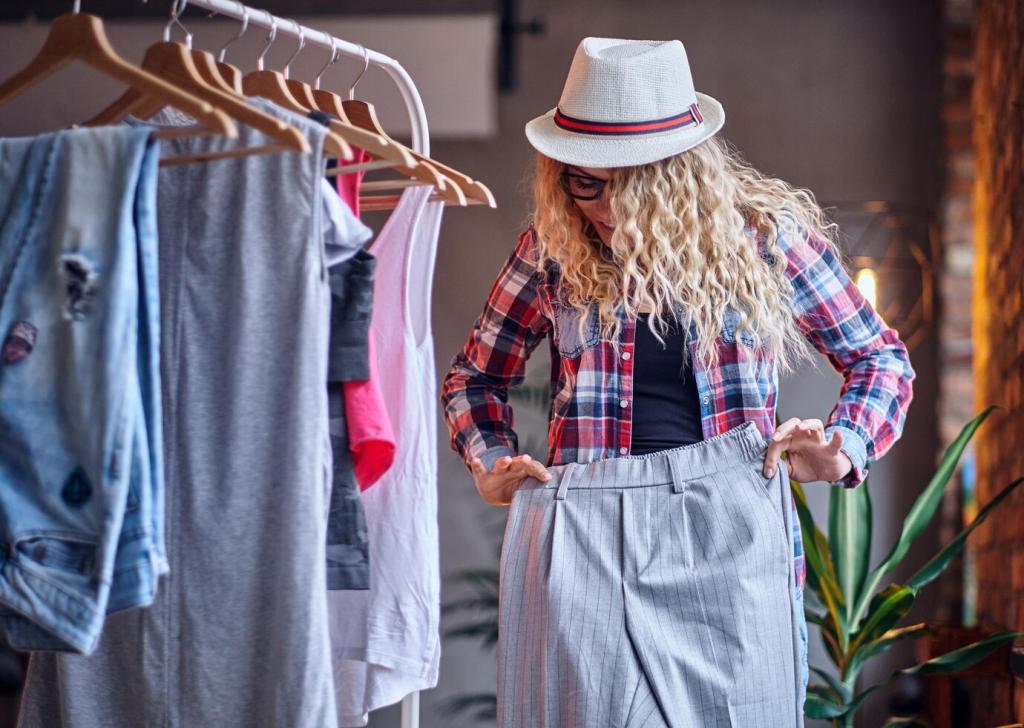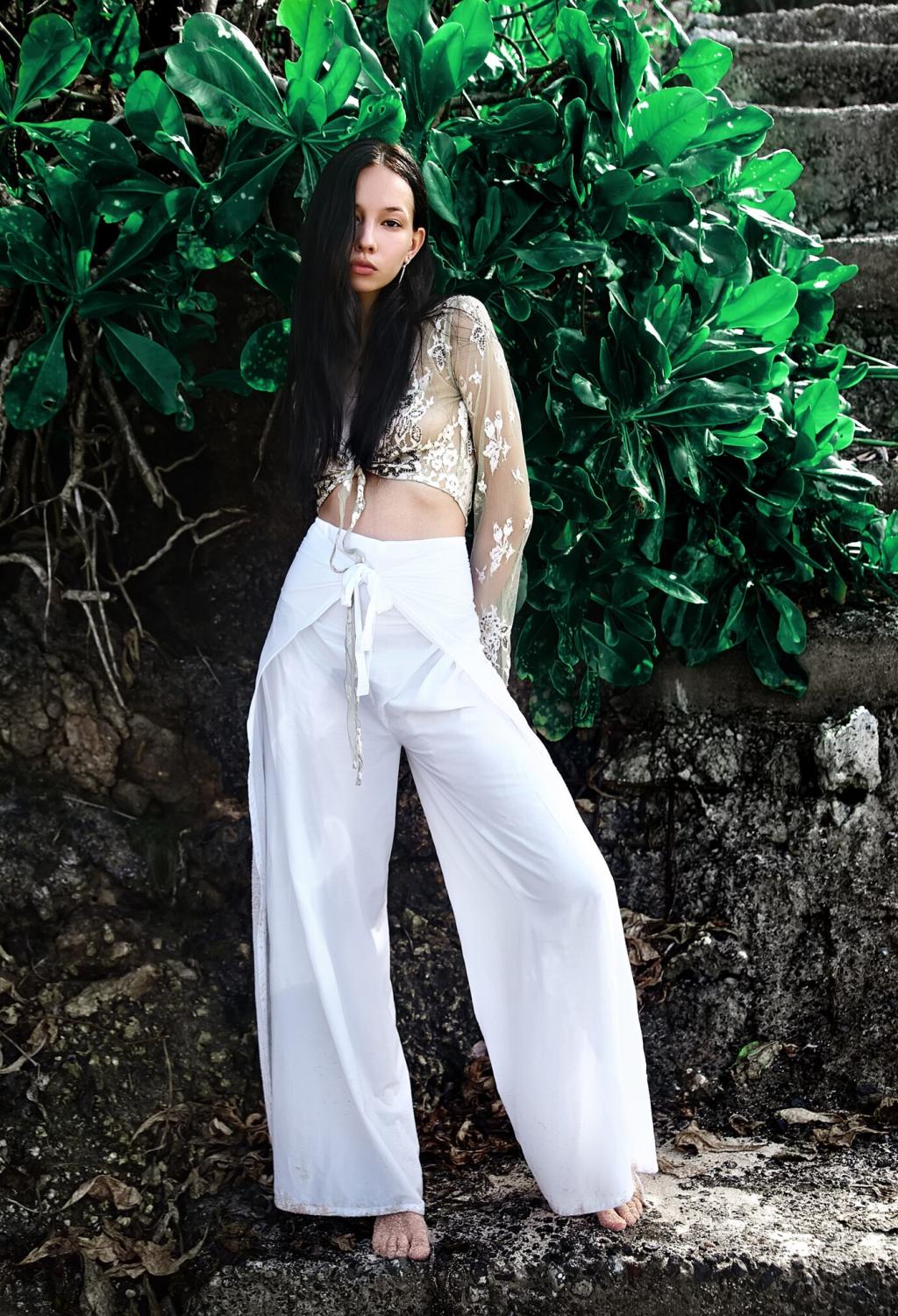
Pioneering Eco-Friendly Fashion Trends Worldwide
The global fashion industry is undergoing a profound transformation, with sustainability and eco-consciousness at its forefront. Across continents, designers, brands, and consumers are embracing innovative solutions that prioritize the planet and people without sacrificing style. From material innovations and ethical production practices to local sourcing and circular economy models, the world of fashion is redefining what it means to be truly fashionable. This page delves into the dynamic evolution of eco-friendly trends that are shaping a greener future for fashion on an international scale.
Sustainable Materials Revolution
Organic and Regenerative Fibers
Organic fibers such as cotton, linen, and hemp are produced without harmful pesticides or chemical fertilizers, reducing pollution and soil degradation. Regenerative fibers take this a step further by actively restoring the land where they are cultivated. The widespread adoption of these materials signifies a move towards fashion that not only lessens environmental impact but also contributes positively to ecosystems. As awareness grows, designers increasingly champion the use of these fibers, ensuring style and environmental stewardship go hand in hand.
Upcycled and Recycled Textiles
Transforming waste into new fashion treasures lies at the core of upcycled and recycled textiles. Brands utilize everything from discarded plastic bottles to fabric scraps, converting them into high-quality threads and materials. This inventive approach diverts waste from landfills and reduces the need for virgin resources. The practice of upcycling also celebrates creativity, enabling designers to craft one-of-a-kind, limited-edition pieces that tell a story of sustainability. These textiles exemplify the potential of circularity within the fashion industry.
Bio-Based and Innovative Fabrics
The rise of bio-based and next-generation fabrics is revolutionizing how garments are made. Materials derived from plant sources like bamboo, banana fibers, and even pineapple leaves are offering viable, sustainable alternatives to traditional textiles. Innovations such as mushroom leather and lab-grown silk are also paving the way for cruelty-free, low-impact fashion. As research and technology continue to advance, these groundbreaking fabrics present limitless opportunities for fashion that’s kinder to both the earth and its inhabitants.

Ethical Production and Fair Labor
A commitment to transparency is changing the narrative in fashion. Brands are increasingly disclosing their sourcing, manufacturing, and distribution processes, fostering trust and accountability. By using tools like blockchain and third-party certifications, companies ensure ethical practices at every stage. This level of openness enables consumers to make informed choices and demands continual improvement from brands. Transparency is no longer a trend—it is fast becoming an expectation in the world of eco-friendly fashion.
Previous
Next
